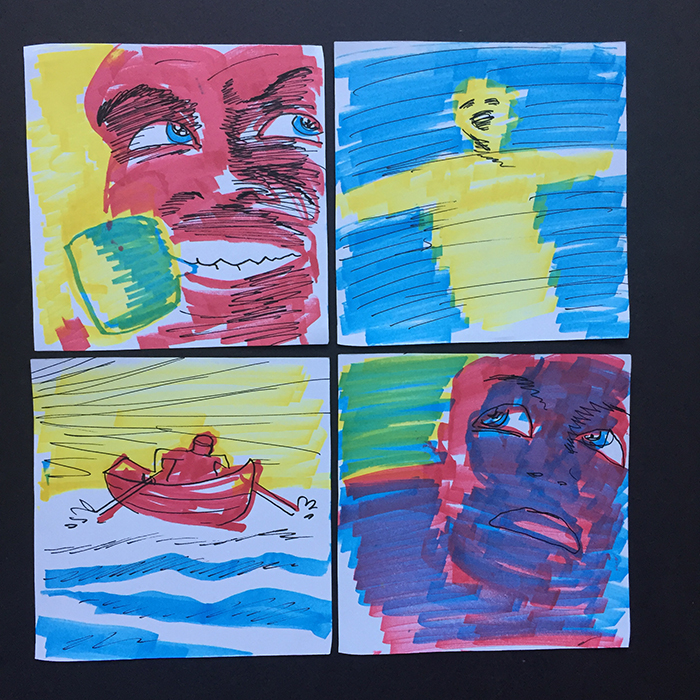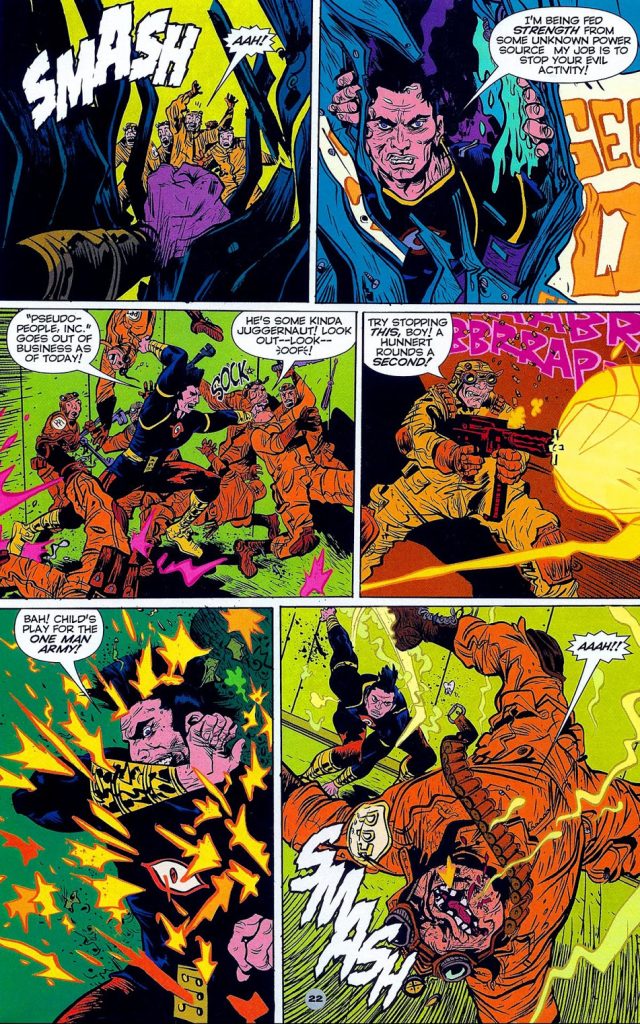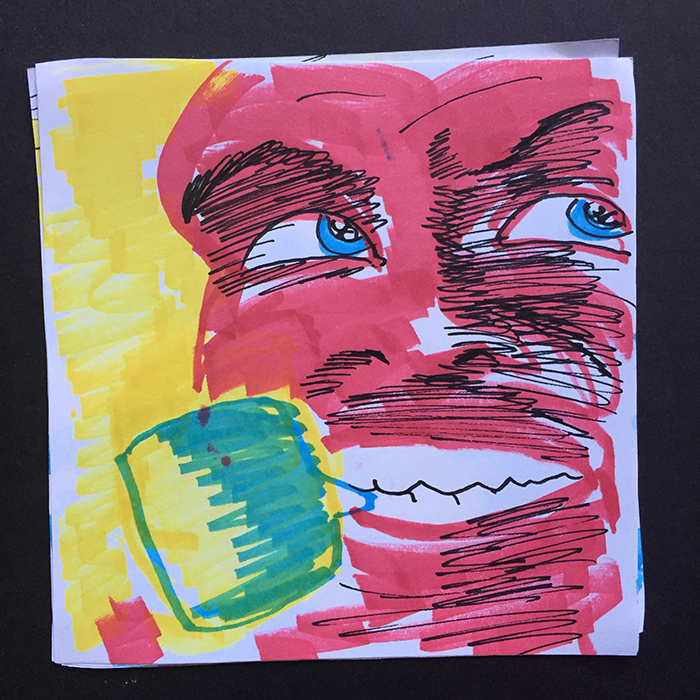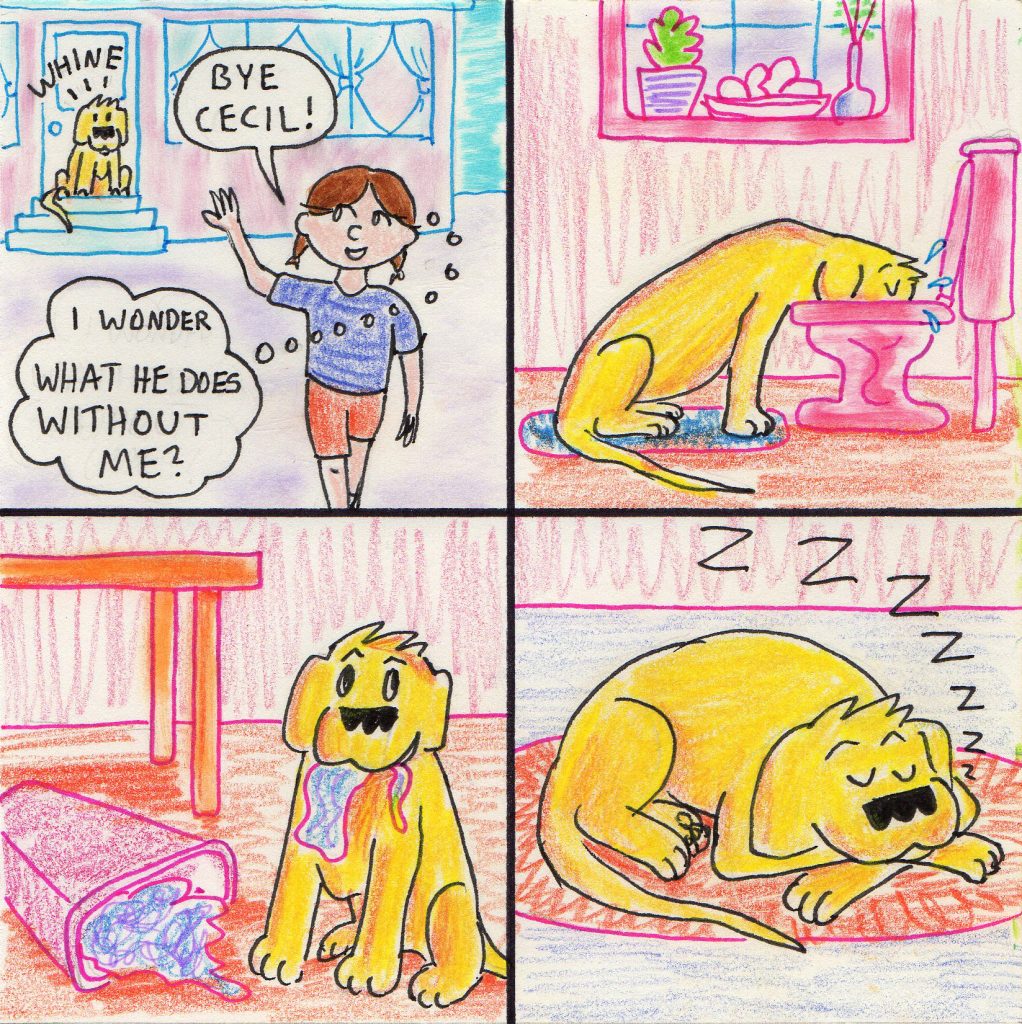Caleb Orecchio here with thoughts on “copying,” and other news.
—————————————————————————————————
WHAT IF

comics adopted this attitude that resembled folk music where, particularly during the revival in the fifties and sixties, someone who wrote their own material was an anomaly as oppose to a standard expectation? The majority of folk musicians learned to play songs like “John Henry” and “Old Blue” before they wrote “Blowin’ in the Wind” or “Black is the Color” and so on. In fact, I’d argue that the reason folk music from that era remains so listenable to this day(to palated ears) because it was so rooted in tradition. These musicians understood this tradition and fused it with their modern sensibilities which created this new understanding of the past and present.
Now, I’m not saying comics could or should mirror musical trends of the fleeting Greenwich Village folk revival, and yet, I am amused at the ideas of comic “covers.” Not that this is a new idea. Below is probably my favorite Paul Pope comic, and it is a “cover” (or I guess we can use the word “adaption” since cartoonists make books and not records) of OMAC #1 by Kirby. A reinterpretation, with a 21st Century shake-up. It’s a good comic, and I think worth looking at.

The idea is more or less excepted (or expected) among the big two. One of my favorite recent comics is Ed Piskor’s X-Men comic, and part of my infatuation lies in the idea of Piskor making this elaborate yet condensed adaption of the X-Men saga. On top of that, I can’t count the times I’ve come across the rehashing of a Spider-Man or Batman origin story. These are practically folk tales in and of themselves.
Or, for you readers who read exclusively indie comics, Kramers 8 features a story by Kevin Huizenga that he adapts from a comic in the Public Domain. I find that interesting. There are actually many other examples in indie comics, but they always tend to be put in the “apocryphal” category of the comics bible. Which I understand, but I wonder if we could change our attitude about these things?
I don’t really have an “argument” to convince you, dear reader, that covering or adapting comics into a new comic is a good idea. I just think it’s something to consider. I think the idea would bear fruit. Of course, I hope cartoonists don’t stop making their own stories, but be honest, how many comics really contain good stories these days? Seriously. I think one should at least consider “covering” comics as an exercise when they start out down this winding road of cartooning.

—————————————————————————————————
if you don’t know, now you know
- R.C. Harvey on Eddie Campbell’s The Goat Getters over on TCJ.com.
- See an issue of The Many Ghosts of Doctor Graves by Ditko over at Four-Color Shadows blog.
- Rob Clough on Ben Sear’s Ideal Copy.
—————————————————————————————————
Suzy and Cecil – 7-16-18 – by Sally Ingraham

Something I think about when it comes to this though is that people don’t practice learning the “standards” the way musicians do – rather they grow up reading them, copying them for drawing practice, but don’t copy the whole thing start to finish the way someone would copy -verse, chorus, bridge- in a song. As a result, to do the copies of “folk song comics”, and have them be shared, takes way more effort than 5 minutes by a microphone, you know? What is a good practice for looseness in a theoretical folk comics tradition?
To this effect, something that I do see as possible and fairly common – is this as a tried and true tradition that is modernized with the concepts of sampling and remixing – but that’s not quite the same, is it?
There’s this thing that I see intersecting with this concept, though – you can’t really take pride in the intellectual property as something of your own genesis, because it’s not. It’s part of the cultural commons, you know? And that works against the notions of the auteur/genius that is part of the culture in the US in independent comics. All that you can “claim” is the quality of your rendition. I don’t think we have a broad appreciation for people’s renditions of things, not just yet.
Maybe a good way can be to create a nice little archive/a folk comics canon/ of who’s done this and celebrate that archive. People are already doing this, but aspiring makers don’t “see” it as a vetted path of practicing the form.